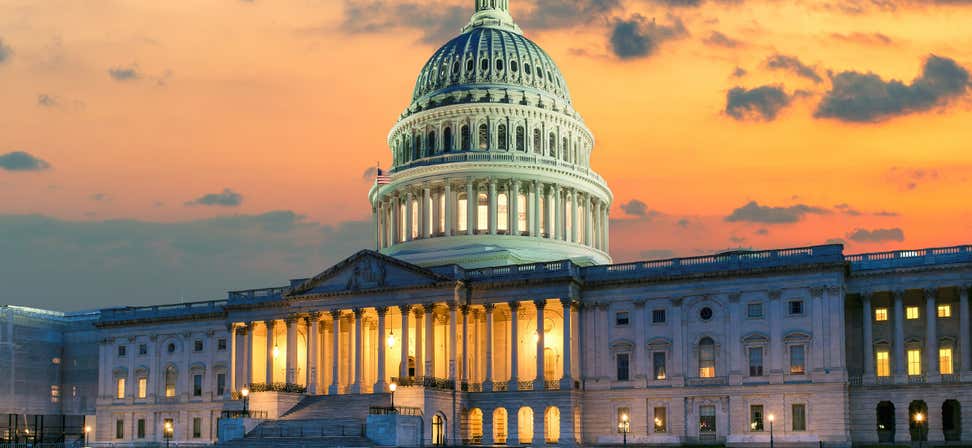Key Takeaways
Funding decisions that were due at the beginning of the current fiscal year remain unfinished, making the fate of many programs and benefits for older adults uncertain.
The next deadlines for funding: Jan. 19 and Feb. 2, 2024.
Anyone can share their story and make a difference by reaching out to their members of Congress.
The fate of key benefits and programs that help older adults remains unclear as federal lawmakers continue to delay making permanent funding decisions.
While the 2024 federal fiscal year (FY24) began on Oct. 1, Congress has yet to make many decisions that were due by that date.
Similar to the news we shared in October, yet another continuing resolution (CR) is keeping the federal government open by providing annual appropriations for the short term at levels equal to those enacted for FY23.
Yet this CR once again failed to address the extension of funding for Medicare low-income beneficiary outreach and enrollment efforts.
What has Congress done to fund key programs?
In November 2023, Congress passed two CRs. One provides funding for four appropriations bills through Jan. 19, 2024, funding agencies including Agriculture, Energy, Housing and Urban Development, Transportation, and Veterans Affairs. The remaining eight appropriations bills are funded through Feb. 2, 2024, and include funding for the U.S. Department of Health and Human Services, which administers multiple aging services programs.
Once again, the so-called “health extenders” to continue authorities and funding for programs such as the Special Diabetes Program and Community Health Centers apply for a brief period, through Jan. 19.
How to support NCOA’s advocacy priorities
Unfortunately, an extension of Medicare low-income beneficiary outreach and enrollment was not included in the latest passed bills, despite the fact that the program has been extended 11 times over the past 15 years with bipartisan support. We urge advocates to tell their members of Congress to include this important funding in the bill that we hope Congress will pass by Jan. 19.
Members of the Aging Services Network at the state and local levels continue to assist older adults in increasing numbers and diversity, despite additional funding provided during the pandemic all but spent and not sustained. As you can see in our funding table, Senate appropriators are proposing some increases for Older Americans Act (OAA) nutrition programs and caregiver support, but the House is calling for eliminating the Senior Community Service Employment Program (SCSEP) and slashing elder justice funding. Your stories detailing the needs for these programs in communities across the country are crucial for influencing Congress.
Visit NCOA’s Action Center to learn more about these issues and ways you can communicate with your members of Congress on other topics such as SNAP food assistance, age discrimination in employment protections, and extending Medicare coverage for obesity care.
Everyone can educate and share crucial stories about your needs or the needs of those you serve. If you can lobby, urge Congress to strengthen policies and investments for older adults.
There is also an opportunity to make your voice heard on executive branch policy related to Medicare. On Nov. 6, the Centers for Medicare & Medicaid Services (CMS) issued a Medicare Parts C and D proposed rule. You can learn more from the CMS fact sheet, and look for NCOA’s comments to be shared on our website in the coming weeks. Learn how to add your expertise and experience on behalf of the older adults you serve by Jan. 5.













